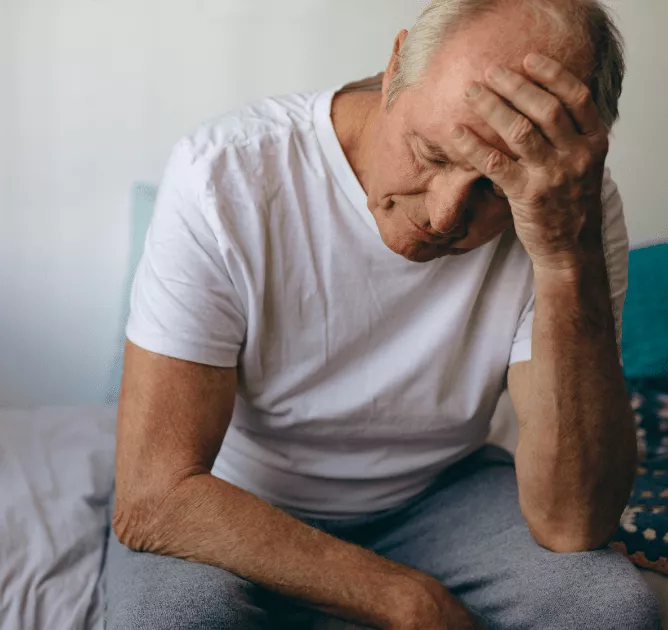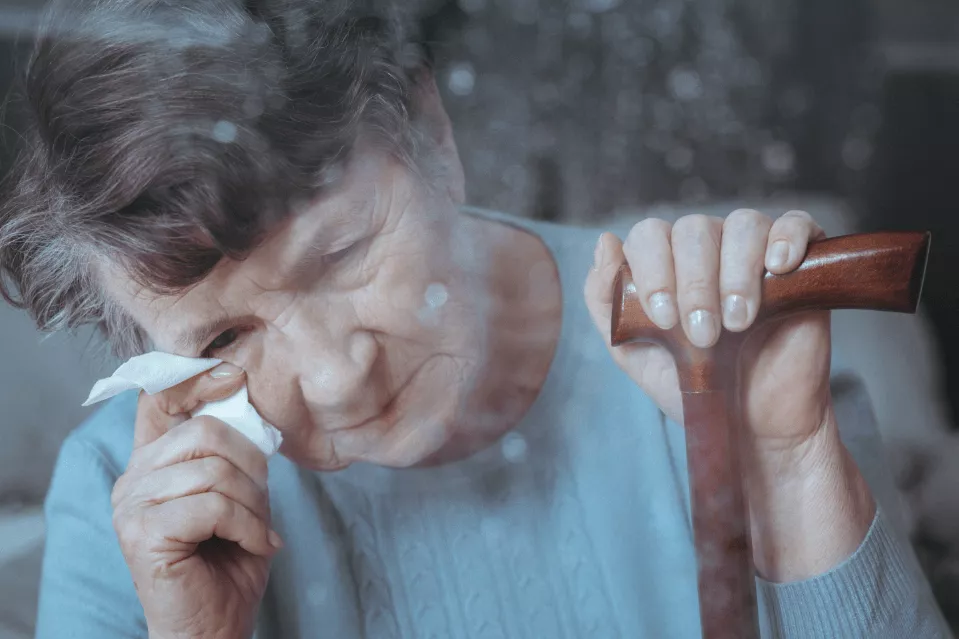Anxiety & Depression
Your retirement time should be a time of enjoyment and happiness but ten percent of senior Victorians pre covid suffered from chronic social loneliness and social isolation. This number has increased during the pandemic due to the social isolation from restrictions. It is normal to also be anxious in these times of uncertainty and with covid being so prominent in the news and social media. Most conversations with people we don’t know now centre on the pandemic. Hopefully with time this will settle and the focus will be on happier topics.
As we get older, our neurotransmitter volumes can become imbalanced. We can have a lower serotonin level which can lead to a lower mood, depression and anxiety. When our mental health is sub-optimal it can affect other physical aspects of our bodies. In particular, it can lead to an increase in blood pressure, increase in heart rate and decrease in our immune system and thus the ability to fight infections and stabilise chronic illnesses. It can lead to a decrease in physical activity which then increases the risk of stroke and heart disease. A decrease in physical activity can lead to a decrease in balance and muscle strength leading to an increase in falls. A regular mental health review is thus essential to everyone to ensure it is optimal and thus improving our quality of life. When our mental health is impacted or sub-optimal it can lead to anxiety, depression, low mood, apathy, agitation, irritability, frustrations, sadness and also forgetfulness and memory losses. Our ability to adapt to challenges and frustrations can be lowered leading to a further decline in function and happiness.


There are strategies and programs to assist with your mood and anxiety. Some people engage with a psychologist to find strategies that are right for them. Others select meditation and yoga while others choose regular exercise and gym visits. Some people benefit from a short course of a medication to help balance the transmitters. Often the course is for three months with review after that to determine if a longer course is needed. A treatment plan centring on your goals can be tailored to your personality and your requirements.
The symptoms of anxiety and depression can be linked to mild cognitive impairment and early dementia. It is important for this to be recognized and treated early to decrease stress and emotional burdens. It can also be linked to people who are worried about their memory but on testing do not have dementia – so reassurance can decrease the stress and anxiety immediately.
Come see the staff at Age Right to discuss your concerns and look forward to enjoying this next phase of living.

